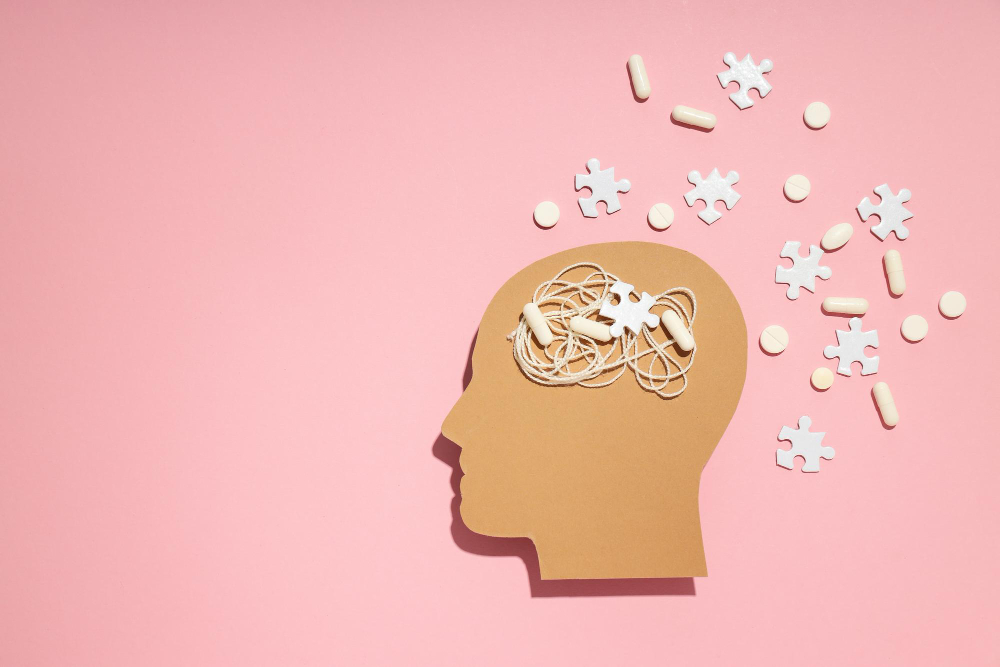Exploring the Potential Benefits of EMDR for ADHD

Attention-Deficit Hyperactivity Disorder (ADHD) is a neurodevelopmental disorder characterized by inattention, hyperactivity, and impulsivity, which can significantly impact everyday functioning and overall quality of life. Traditional treatments for ADHD often include medication, cognitive-behavioral therapy, and lifestyle adjustments. However, many individuals and professionals are continuously seeking alternative or complementary therapeutic approaches to enhance outcomes. One such promising therapy is Eye Movement Desensitization and Reprocessing (EMDR).
EMDR therapy, originally developed for treating post-traumatic stress disorder (PTSD), has gained recognition for its effectiveness in addressing various mental health issues, including anxiety, depression, and now, potentially ADHD. EMDR therapy in Orlando, FL, offers an innovative approach to managing ADHD symptoms by accessing and processing emotional experiences that contribute to the disorder. This blog post explores the potential benefits of EMDR therapy for individuals with ADHD, offering insight into how this treatment could make a significant difference.
The Link Between ADHD and Emotional Trauma
Current research has begun to reveal a connection between emotional trauma and the development or exacerbation of ADHD symptoms. Emotional traumas, especially those experienced during critical developmental periods, can profoundly affect attention, self-regulation, and executive functioning—core areas impacted by ADHD. Traditional ADHD treatments may not fully address these underlying emotional processes, leaving a gap in comprehensive care.
EMDR therapy's unique methodology, which involves guided eye movements to help process and desensitize emotional trauma, proposes an avenue for addressing these foundational concerns. By targeting the emotional distress contributing to ADHD symptoms, EMDR seeks to alleviate some of the cognitive and behavioral manifestations of the disorder.
EMDR Therapy: A Brief Overview
Eye Movement Desensitization and Reprocessing (EMDR) therapy is a structured, phased treatment approach that helps individuals process and heal from traumatic memories and distressing life experiences. During EMDR sessions, the therapist guides the client through bilateral stimulation (typically eye movements) while asking the client to recall distressing events. This process is believed to facilitate the brain's natural healing capabilities, helping individuals reprocess traumatic memories in a way that reduces their lingering effects on emotional well-being and behavior.
How Can EMDR Benefit Individuals with ADHD?
Enhancing Emotional Regulation
Many individuals with ADHD struggle with emotional regulation, which can exacerbate attention issues and impulsivity. EMDR therapy's potential to process and decrease emotional distress could lead to improved emotional regulation in people with ADHD, thereby mitigating some of the challenges associated with the disorder.
Improving Focus and Attention
By addressing underlying emotional traumas and stressors that may be contributing factors to ADHD symptoms, EMDR therapy could help clear mental clutter. This, in turn, may enhance an individual's ability to focus and pay attention, core difficulties for those with ADHD.
Reducing Hyperactivity and Impulsivity
Hyperactivity and impulsivity in ADHD are often coping mechanisms for underlying emotional turmoil. EMDR therapy’s focus on resolving past traumas could help reduce the need for these coping strategies, leading to a decrease in hyperactive and impulsive behaviors.
Comprehensive Treatment Approach
EMDR offers a holistic approach to ADHD treatment, complementing traditional therapies and medication. It recognizes the complex interplay between emotional experiences and ADHD symptoms, providing a more comprehensive treatment strategy that addresses both mental health and behavioral aspects.
Finding EMDR Therapy in Orlando, FL
Seeking EMDR therapy in Orlando, FL, for ADHD presents a promising opportunity to explore alternative treatment pathways. Orlando Thrive Therapy is one such place where individuals can access EMDR therapy delivered by seasoned professionals who understand the nuances of ADHD and the therapeutic potential of EMDR.
In Conclusion
While research into EMDR therapy as a treatment for ADHD is still emerging, the potential benefits it offers make it a compelling option for individuals looking for comprehensive care that addresses both the psychological and behavioral dimensions of ADHD. EMDR therapy in Orlando, FL, with its focus on healing emotional trauma, presents a hopeful avenue for those seeking to improve their ADHD symptoms and overall quality of life.
For anyone considering EMDR therapy as part of their ADHD treatment plan, consulting with a qualified therapist who has experience in treating ADHD with EMDR is crucial. Orlando Thrive Therapy is committed to providing this innovative treatment option, blending expertise with compassionate care to help individuals with ADHD thrive. Contact Orlando Thrive Therapy today to learn more about how EMDR therapy could benefit you or someone you love in managing ADHD symptoms and paving the way for a more focused and emotionally balanced life.
Rise above any circumstance, for GROWTH, EMPOWERMENT, and better QUALITY of life!
Call today for more information. Follow Orlando Thrive on Facebook or Instagram.
(407) 592-8997
216 Pasadena Pl
Orlando, Florida 32803

Heather Oller is the owner and founder of Orlando Thrive Therapy, Coaching, and Counseling. She is a licensed counselor and a family mediator who has over 23 years of dedicated work as a professional in the mental health field. Through her company's mission, she continues to pave the way for future therapists, and their clients, who want a higher quality of life....and who want to thrive, rather than just survive. You can contact Orlando Thrive Therapy at (407) 592-8997 for more information.